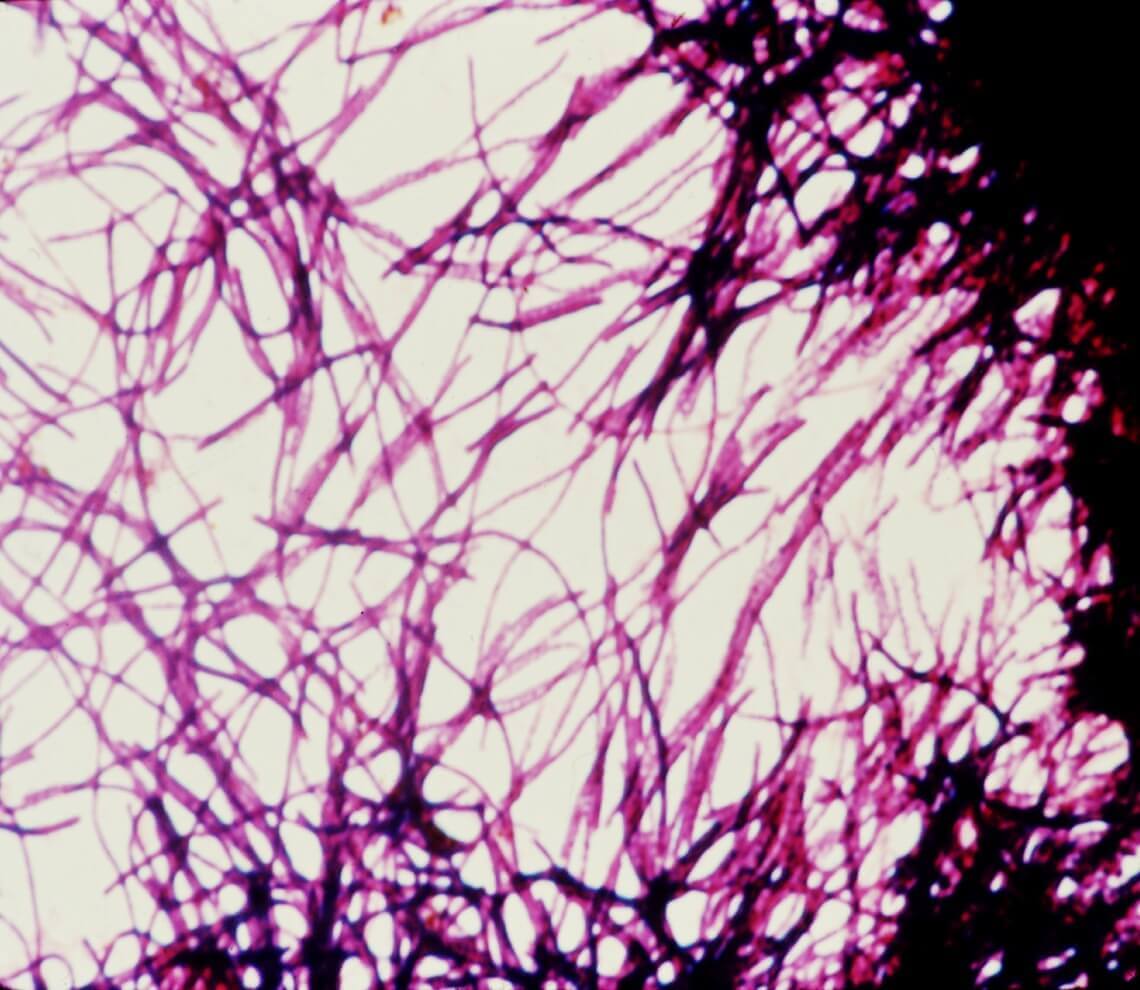- Our Suppliers
- MBS Monoclonals
- MOUSE Anti-RAT CD163:RPE Antibody
Product short description
Price:
741 EUR
Size:
100 Tests
Catalog no.:
GEN216355
Product detailed description
Gene name synonims
N/A
Other gene names
N/A
Clone
ED2
Other names
N/A
Purification method
N/A
Concentration
N/A
Immunoglobulin isotype
IgG1
Gene name
CD163
Also known as
CD163
French translation
anticorps
Clonality
Monoclonal
Category
Antibodies
Host organism
Mouse (Mus musculus)
Subcategory
Mnoclonal antibodies
Tested applications:
Flow Cytometry (FACS)
Latin name
Mus musculus,Rattus norvegicus
Form/Appearance
RPE (Purified IgG conjugated to R. Phycoerythrin (RPE) - lyophilised)
Properties
If you buy Antibodies supplied by MBS Monoclonals they should be stored frozen at - 24°C for long term storage and for short term at + 5°C.
Description
This antibody needs to be stored at + 4°C in a fridge short term in a concentrated dilution. Freeze thaw will destroy a percentage in every cycle and should be avoided.
Species reactivity
Rat (Rattus norvegicus); Due to limited knowledge and inability for testing each and every species, the reactivity of the antibody may extend to other species which are not listed hereby.
About
Rats are used to make rat monoclonal anti mouse antibodies. There are less rat- than mouse clones however. Rats genes from rodents of the genus Rattus norvegicus are often studied in vivo as a model of human genes in Sprague-Dawley or Wistar rats.
Test
Mouse or mice from the Mus musculus species are used for production of mouse monoclonal antibodies or mabs and as research model for humans in your lab. Mouse are mature after 40 days for females and 55 days for males. The female mice are pregnant only 20 days and can give birth to 10 litters of 6-8 mice a year. Transgenic, knock-out, congenic and inbread strains are known for C57BL/6, A/J, BALB/c, SCID while the CD-1 is outbred as strain.
Specificity and cross-reactivity
CD163 This item recognises the rat CD163 cell surface glycoprotein, a 175kD molecule also known as ED2. CD163 is expressed by approximately 50% of peritoneal macrophages, a subset of splenic macrophages, and by macrophages in most other tissues. However, it is not expressed by monocytes, alveolar macrophages or microglial cells.; Since it is not possible to test each and every species our knowledge on the corss reactivity of the antibodies is limited. This particular antibody might cross react with speacies outside of the listed ones.
Storage and shipping
Prior to reconstitution Keep the antibody refrigerated at +4 degrees Celsius. Temperature variations in the range between +1C to +7C are tolerable. Following reconstitution Keep the antibody refrigerated at +4 degrees Celsius. Temperature variations in the range between +1C to +7C are tolerable. DO NOT FREEZE. the antibody should be stored undiluted. the antibody is photosensitive and should be protected from light. If there is a precipitate in the vial we recommend you to briefly microcentrifugate it prior to use. Shelf Life: 12 months from date of reconstitution.
© Copyright 2016-Tech News . Design by: uiCookies

